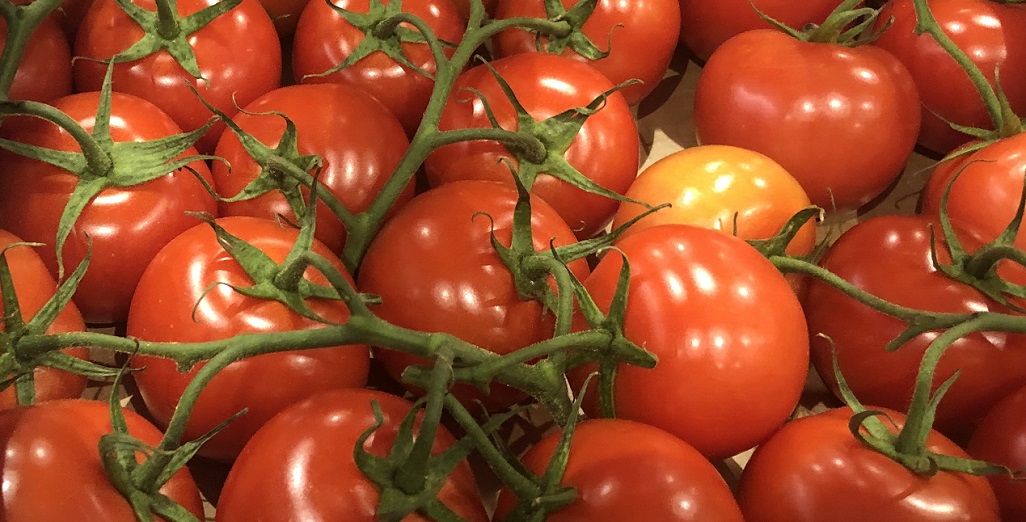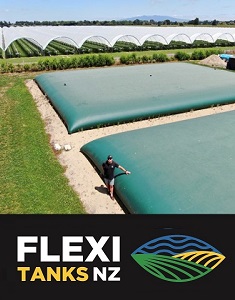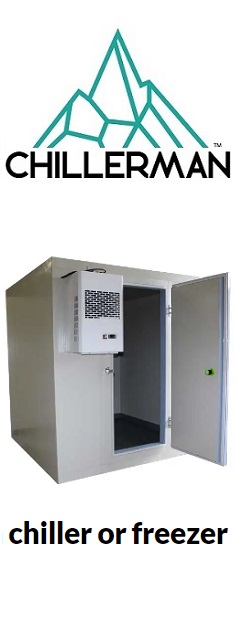Sign up here to subscribe to the Grower2grower Ezine. Every two weeks you will receive new articles, specific to the protected cropping industry, informing you of industry news and events straight to your inbox.
Feb 2018
Diffused Light

Diffused Light
Diffused glass and diffused coatings are available. Diffused coatings are relevant for our current structures.
The best example I have seen to understand the effects on diffused light is; that direct light either has its leaves in the light or the dark. The proportion of leaf surface that is lit becomes less deep within the crop. The leaves of a plant in diffuse light have at a certain height a better horizontal distribution of light, (so shadows don’t exist) the light intensity does reduce as it goes deeper into the crop.
Photosynthesis is greater if light is distributed horizontally over a surface area than when light falls just on one spot. The effect is compounded because better photosynthesis leads to greater surface area which also leads to more photosynthesis.
Diffused coatings should have a high transmission and haze factor. The transmission % determines the light which falls on the crop. The less the transmission the more the lights degree of scattering, which will mean that light is sent off in all directions and means a limited amount falls onto the crop. The haze factor is the degree of scattering of the incoming light. Too my understanding the haze factor should be 50% and the hemispheric transmission should be 83% when choosing diffused Glass.
Diffused light will help create a more uniformed climate by having a better photosynthesis plants will transpire more from their leaf area which is the greenhouse cooling system, this will increase humidity and therefore is decreasing the stress on the plant because it is able to keep cooler. You could find your leaf length could increase. This does not mean vegetative in the summer it just means plants will be stressed less giving them a more comfortable environment to thrive in.
When is a good time to apply diffused coatings? This summer with our extremely warm hot dry weather would have been the perfect opportunity to get good results with diffused coatings. I would have thought that even in a New Zealand summer which had indifferent weather that diffused coatings would still be beneficial as when the cloud disappears and the sun appears it can be extreme!! It has been noticed that in the heat of the day when our sun is intense and our light levels are intense, crops that are under diffused light don’t go into respiration and keep transpiring and working, this is where the gains in higher yields and quality can come from. We have extremely high light intensity in the summer and can go from 200 watts to 12 watts in five minutes!! This will happen regardless if we have a wet or dry summer. Anything that will help the plants through these highs and lows must be beneficial. I have always noticed that Cucumbers grown in plastic houses during the summer to do better than in glass houses, one factor could be the effect the plastic has on reducing the intense direct light transmission from a glass house? The other factor could be water availability and low stem density in glasshouse cucumber summer crops.
At what crop stage should you apply diffused coatings? This is a tricky one, do you wait until your crop is under stress or do you apply it before it shows signs of being stressed and what happens if your crop doesn’t show signs of stress?? Crop registration figures and fruit loading should give you an indication of plant vigour. You could also use this to look for a trend, for example the leaf length slowly decreasing and stem thickness decreasing. It is never just one thing however, applying diffused coatings will help if a plant is stressed, but it will could be because of an overloading of fruits per m2 or a root/health issue before you need to use a diffused coating. On the flip side if you don’t have an old or weak plant and it is vegetative (too low a fruit load), possibly diffused coatings won’t make it work hard enough?
Diffused coatings in the winter will mean glasshouses will heat up slower and therefore you will need more heating, you will also need to change your irrigation strategy as your plants will ‘start’ slower so uptake and transpiration will be reduced.
Diffused coatings could reduce light by 10% but increase transpiration in the summer months, (sounds Irish, that’s why it has taken a long time to figure this stuff out. An Irish man would be buggered!!) In the winter you will have 10% less light and reduce transpiration in the morning and evening periods. I have been told that you will still get more production in the winter with diffused coatings but I do wonder what the extra energy costs would come too. Another potential adverse effect if your greenhouse is heating up slower in the winter time, is potential extra condensation leading to extra fungal issues?
Like anything with new technology, it will take time for us all to figure it out. I definitely see the merits of using this product on glasshouses in the summer and see the payback being well worth it. The spray on coatings will work best if they are sprayed on evenly!!!
Please contact Stefan Vogrincic at Grower2Grower for more advice.
Article Written by Stefan Vogrincic Grower2Grower
CLASSIFIED
Subscribe to our E-Zine
More
From This Category
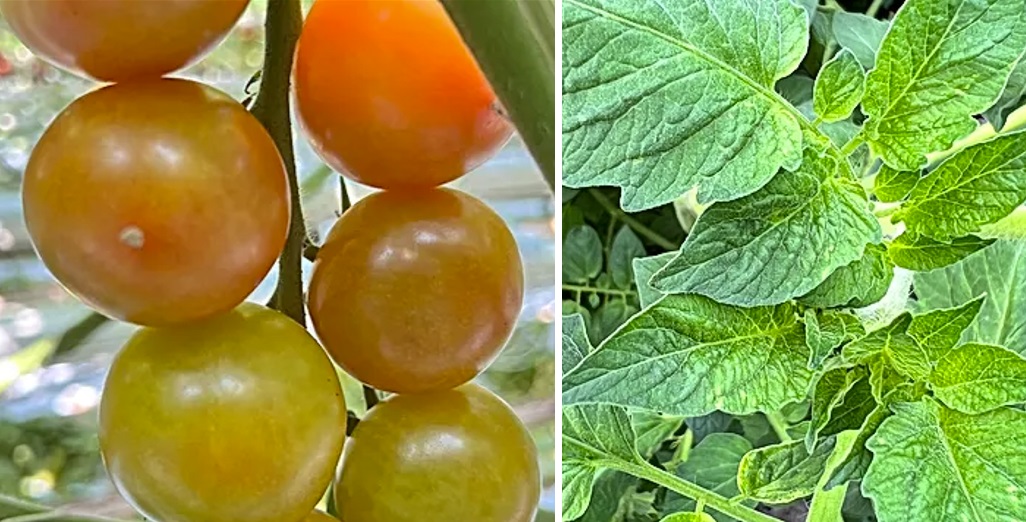
Tomato grower applies Tobre after contamination
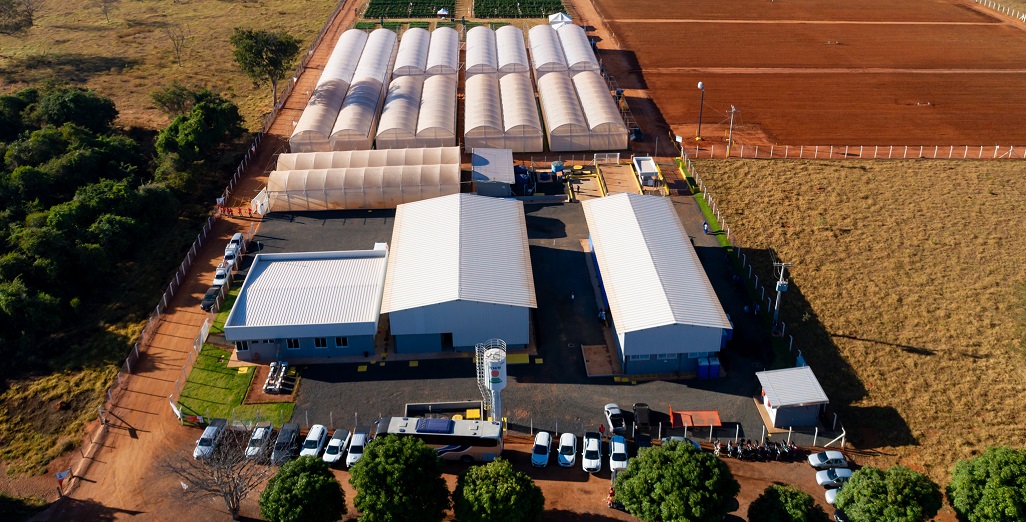
KWS inaugurates new R&D facility in Uberlândia, Brazil

Powerplants and RTF Climate Announce Strategic Partnership for the APAC Region
